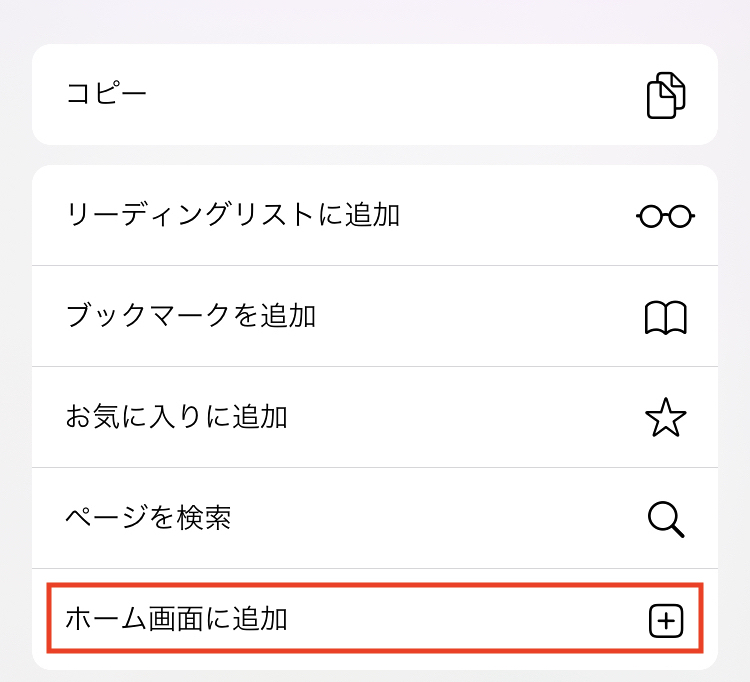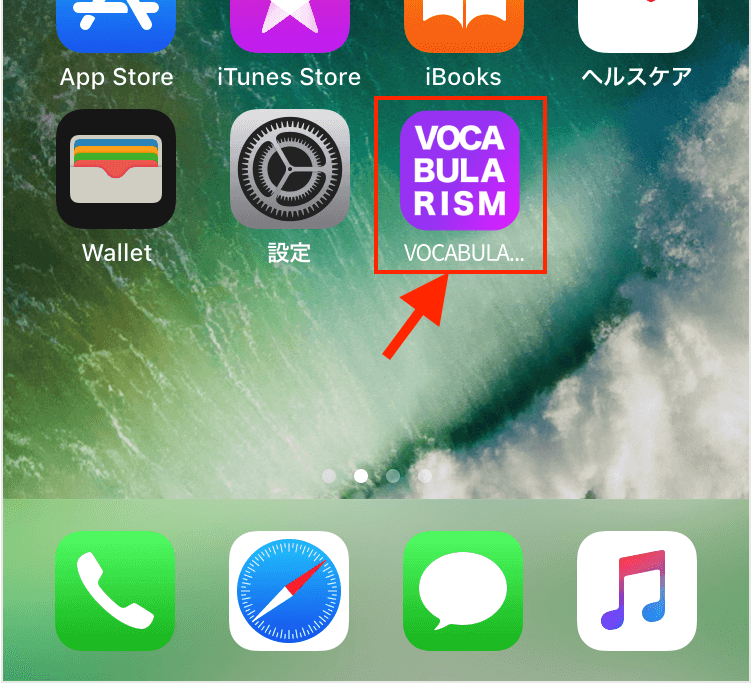readershipの語源
The word "readership" comes from the noun "reader" which comes from the Old English "rædere" meaning "one who reads," and the suffix "-ship" which means "the state or condition of being." It first appeared in the early 19th century.
It is used to describe the group of people who read a particular publication or website, or who are interested in a particular subject. It refers to the audience of readers for a particular publication or website.
It is also used to describe the collective readership of a particular author, or the readership of a particular genre of literature or other written work.
Readership is often used in publishing, journalism, and advertising to describe the target audience for a particular publication or website, and is also used to measure the popularity and success of a particular publication or website.
"readership"という言葉は、"読む人 "を意味する古英語の "rædere "に由来する名詞 "reader "と "状態・条件 "を意味する接尾語"-ship "に由来する。19世紀初頭に初めて登場した。特定の出版物やウェブサイトを読む人たち、あるいは特定のテーマに関心を持つ人たちのグループを表すのに使われる。特定の出版物やウェブサイトの読者層を指す。また、特定の作家の読者層や、文学やその他の著作物の特定のジャンルの読者層を表す場合にも使われる。読者層は、出版、ジャーナリズム、広告などで、特定の出版物やウェブサイトの対象読者を表すためによく使われ、また特定の出版物やウェブサイトの人気や成功を測るためにも使われる。
readershipの例文
The readership of the magazine has increased significantly. 名
雑誌の読者数が大幅に増加した。
The marketing team aimed to increase the readership of the company's newsletter by targeting a wider audience. TOEIC 名
マーケティングチームは、より多くの読者をターゲットにすることで、社内報の読者数を増やすことを目指しました。
readershipについて先生に聞いてみる




